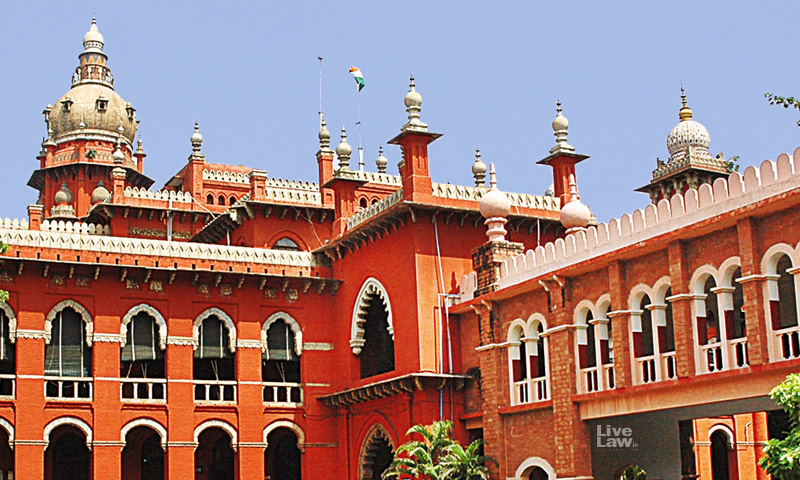Madras High Court Dismisses DMK's Plea Challenging Postal Ballots Provision In RP Act
Akshita Saxena
18 March 2021 4:18 PM IST

Next Story
18 March 2021 4:18 PM IST
The Madras High Court on Wednesday dismissed a writ petition filed by political party Dravida Munnetara Kazhagam (DMK) against Section 60(c) of the Representation of Peoples Act which permits issue of postal ballot to electors above the age of 80 years, electors with physical disability, electors in quarantine due to COVID-19 and electors rendering essential services. A Division...
